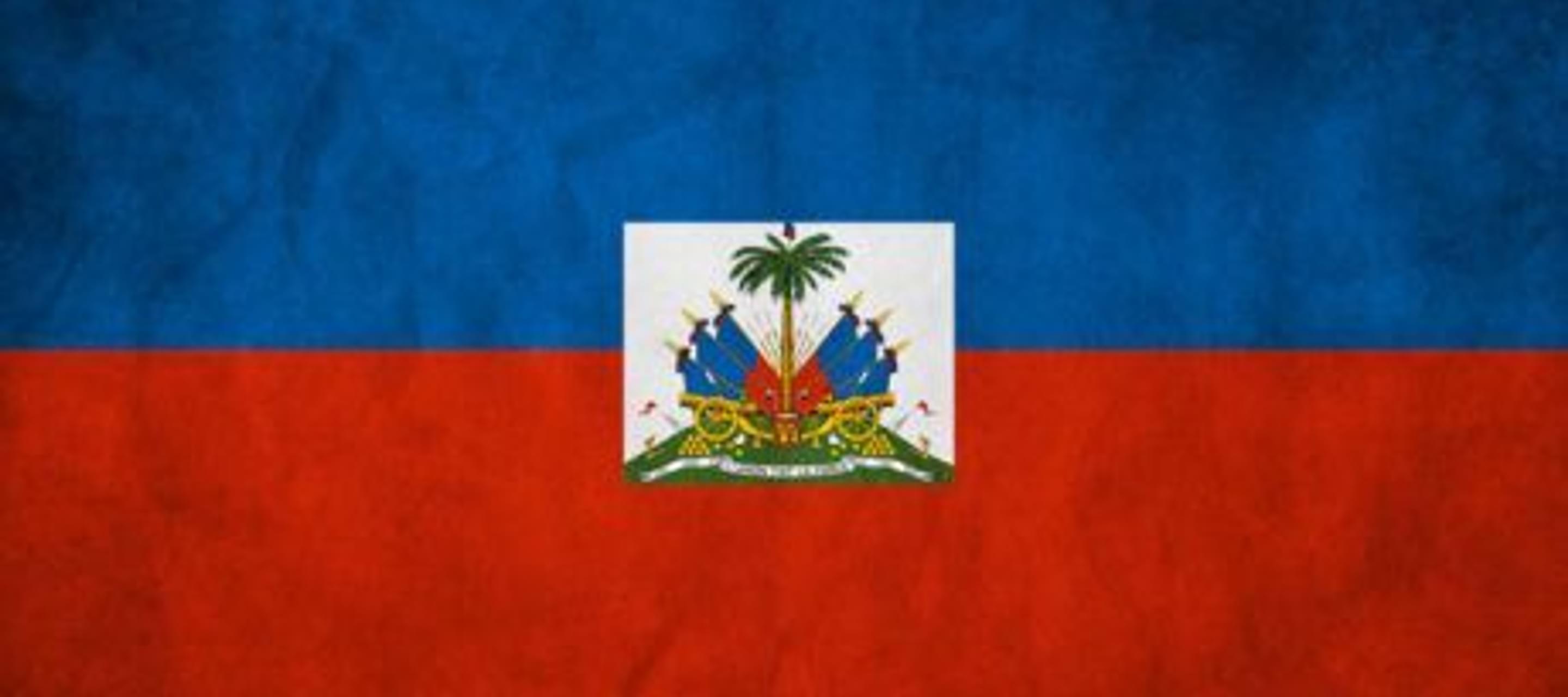Foreign investment in Haiti – is the time right?
18 January 2013

This week marks the third anniversary of the devastating earthquake that struck Haiti in January 2010. The extent of the disaster and human suffering that resulted led to unprecedented international efforts focused on assisting the Haitian people to rebuild. Three years on, signs of progress are tragically hard to find.
Waste and ineffective strategies have marked much of the international community’s efforts to support Haiti’s recovery and development.
This week marks the third anniversary of the devastating earthquake that struck Haiti in January 2010. The extent of the disaster and human suffering that resulted led to unprecedented international efforts focused on assisting the Haitian people to rebuild.
Three years on, signs of progress are tragically hard to find. Waste and ineffective strategies have marked much of the international community’s efforts to support Haiti’s recovery and development.
Despite the scale of the challenges, new investment in Haiti is vital for the future. However, it is essential that such investments give greater attention to respecting the human rights of the local population. Doing so is not only the right thing to do, but also critical in overcoming the problems that have plagued the nation for so long.
Haiti is the oldest independent nation in Latin America and the Caribbean but also the least developed country in the region, with a UNDP human development ranking of 158 out of 182 countries . Once a French colony, with a booming sugar industry and slave trade, Haiti became the ‘First Black Republic’ after winning its independence in 1804. However, Haiti has had a long history of weak governance and institutions, decades of dictatorship, economic stagnation, political isolation and high levels of poverty.
Prime Minister Laurent Lamothe is also keen to move Haiti in a new direction. In February this year, Haiti will for the first time chair and host Caricom, the Caribbean Community regional meeting of 15 Heads of Caribbean Governments. The country’s leadership is also keen to attract foreign investment. This can be seen in the new Caracol Industrial Park that opened in October 2012.
In an attempt to stimulate economic growth, the Haitian government, with support of the US State Department and the Inter-American Development Bank, launched the industrial park in the seaport city of Cap Haitien in the northern part of the country. At the launch, President Michel Martelly declared that Haiti is now “open for business, and that is not just a slogan.”
The event brought together members of the Haitian administration along with US Secretary of State Hillary Clinton, former President Bill Clinton in his role as UN Special Envoy to Haiti, and key business leaders and officials.
The industrial park is a $300 million, 600-acre (246 hectare) facility, which it is hoped will play host to a number of international and regional businesses and factories with a view to creating over 100,000 jobs.
The establishment of the industrial park hasn’t come without criticisms. Michel Forst, the Independent Expert of the UN on the situation of human rights in Haiti who completed a mission to the country in December 2012 after three years of analyzing the human rights situation in a post-disaster context has expressed concerns about the speed at which Haiti is inviting investment without strengthening the rule of law.
There have already been reported allegations of human rights abuses connected to the park. For example, land acquired to build the industrial park was reportedly purchased without giving adequate compensation to peasant farmers. Little prior meaningful public consultation surrounding the land deals has created discontent. Labourers working for Sae-A Trading, a South Korean apparel company which is also the newest proprietor of the industrial park, have complained about low wages even though reports have emerged that the company has promised that wages will increase after further training and human resource development are undertaken.
Another concern is the potential of Haiti’s mining sector. Even though Haiti has always had a small mining industry, extracting minerals such as bauxite, copper, carbonates, gold and marble, Haiti is now on the verge of a new gold rush, which could lead to an unprecedented discovery of gold in the region worth an estimated US $20 billion.
As of 2012, there was extensive exploration for commercially viable copper and gold deposits in the mineral belt of northern Haiti. It was also reported that confidential agreements and negotiations between the government and mining companies had taken place and licenses were granted to explore for gold and other minerals. Without clear consultation and oversight around revenue sharing and contract transparency, severe social problems could face the country in the time ahead.
Getting It Right
The investment challenges facing Haiti should not be understated. As potential adverse human rights impacts are likely to arise due to the current political and economic environment, businesses wishing to explore investment opportunities in Haiti should be aware of best practice tools to exercise due diligence which will help prevent potential human rights abuses. They should go beyond respecting national laws; and that means compliance with international human rights standards in addition to international humanitarian law when necessary.
In relation to land acquisition for instance, businesses have access to a range of guidance including the Performance Standards of the International Finance Corporation, the recently adopted Voluntary Guidelines for land tenure, from the UN Food and Agriculture Organisation; the guidelines for evictions in the context of development from the UN Special Rapporteur on adequate housing and the core principles for land acquisition and leases from the UN Special Rapporteur on the right to food and others.
In dealing with issues related to labour rights, businesses stand to benefit from initiatives such as the ILO’s Better Work Programme, and guidance from initiatives related to ethical trading and fair labour.
The UN Guiding Principles on Business and Human Rights, unanimously endorsed by the Human Rights Council in 2011, provide the most comprehensive framework for governments and companies to follow. In addition, global initiatives such as the Extractive Industries Transparency Initiative (EITI) or the Voluntary Principles on Security and Human Rights can provide helpful benchmarks for both governments and companies to refer to and build upon.
Based on Haiti’s history and the challenges the country has faced, its roadmap for economic recovery is likely to be long and arduous. The onus is now on the state to work with potential and existing foreign investors to ensure they invest and operate in an accountable and transparent manner.
For further information, please see statement on the advancement of human rights in Haiti by the Assistant Secretary of State for Bureau of Democracy, Human Rights, and Labor, Michael H. Posner.




